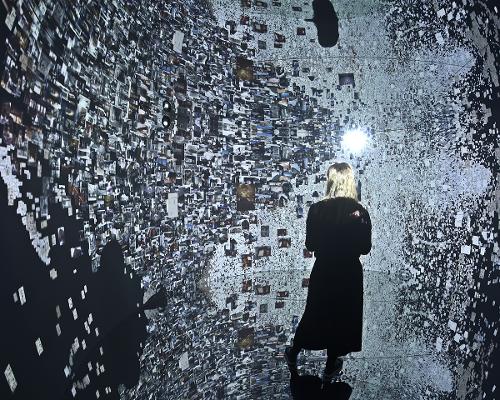Lament for photography
On the 15th of June, 2023, students from The Australian National University’s School of Arts and Design hosted a funeral and memorial service to celebrate the life (and death) of Photography at PhotoAccess, Canberra.

A paradox: ‘the photographic’ is central to visual culture inflected by artificial intelligence (AI), and yet AI is rapidly destabilising photographic practice. A cyclical theme, the notion of what constitutes a photograph and what it means to be a photographer are fundamentally questioned once more, especially since the release last year of novel text-to-image models capable of generating so‑called photorealistic images from text prompts (DALL·E, Stable Diffusion, Midjourney, etc.). In a curious reversal of the conventional process of captioning a photograph after it has been taken or printed, professional image makers and publishers are now negotiating the ability to synthesise photographic-looking images from executable texts. In the process, the still-dominant paradigm of photography as a contingent encounter between a camera user and the world is being upended by proprietary AI algorithms trained on datasets of existing photographic images, raising vital ethical questions on authenticity, biases and authorship.

In The Economist recently, historian and philosopher Yuval Noah Harari claimed that ‘AI has hacked the operating system of human civilization.’ Highlighting the existential risk that artificial intelligence could possibly supersede the human mind and disrupt the order of human history, he proclaims: At first, AI will probably imitate the human prototypes that it was trained on in its infancy, but with each passing year AI culture will boldly go where no human has gone before. For millennia human beings have lived inside the dreams of other humans. In the coming decades we might find ourselves living inside the dreams of an alien intelligence.
Although Harari’s hypothesis reflects the complexity of our future with AI, throughout history technological innovations have raised concerns towards the new ‘other,’ whatever its form. So, in what way is this progression—or rather, regression—with ubiquitous AI different to any other tool humanity has previously crafted?
